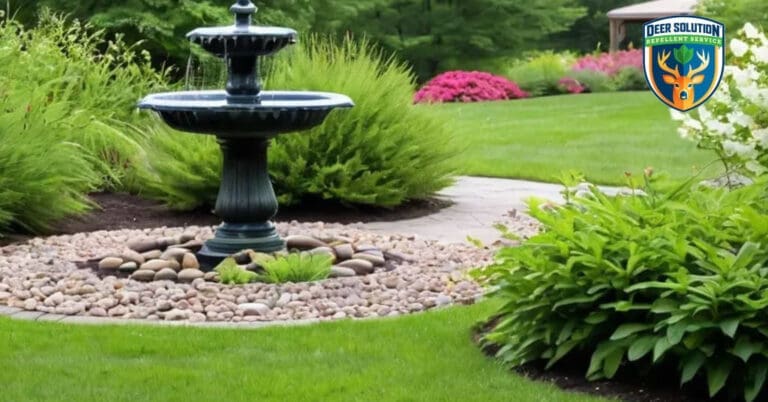When considering the question, do deer eat New Jersey teas, it’s essential to explore both the characteristics of this plant and the feeding habits of deer. New Jersey teas (Ceanothus americanus) are native shrubs prized for their white flower clusters and their role in supporting local ecosystems. Understanding how deer interact with these plants can help property owners make informed decisions about managing their landscapes.
Deer Dietary Habits and Preferences
Deer are known for being opportunistic feeders, adjusting their diet based on seasonal availability. In general, they prefer tender, nutrient-rich plants such as young shoots and leaves. However, their preferences shift with food scarcity and environmental conditions, which can sometimes drive them to browse on less favorable plants. While deer can nibble on a wide variety of plants, some are more resistant to their browsing habits than others.
New Jersey Teas and Deer Resistance
New Jersey teas are well-regarded for their adaptability and resilience, thriving in various soil types and offering ecological benefits, like fixing nitrogen in the soil. But, do deer eat New Jersey teas? Although they aren’t a preferred food source for deer, these shrubs are not completely immune to browsing. Deer may sample New Jersey teas, especially during times of food scarcity. However, their tough, somewhat unpalatable leaves typically make them less appealing than more tender plants.
Enhancing Deer Resistance in Your Garden
To protect your garden from deer, consider including a variety of deer-resistant plants alongside New Jersey teas. Plants with tough textures, strong scents, or unpalatable tastes often deter deer naturally. Companion planting is another strategy; placing New Jersey teas next to even more deer-resistant species can create a natural barrier, reducing the risk of browsing. Maintaining biodiversity in your garden not only protects vulnerable plants but also supports the local ecosystem.
Seasonal Care for New Jersey Teas
Like many native shrubs, New Jersey teas follow seasonal growth patterns that can affect their vulnerability to deer. In spring and early summer, new growth may attract deer more than the mature, tougher foliage that develops later in the season. By providing proper care throughout the year—such as pruning to encourage strong growth and maintaining soil health—gardeners can further reduce the risk of deer damage.
Creating a Sustainable Landscape
Incorporating plants like New Jersey teas into your landscape not only enhances deer resistance but also contributes to a sustainable, eco-friendly garden. Their ability to support pollinators, enrich the soil, and tolerate varying environmental conditions makes them an excellent choice for gardeners aiming to balance beauty with resilience. Along with other deer-resistant species, New Jersey teas can form the foundation of a low-maintenance, environmentally conscious garden design.
Protecting Your Landscape with Professional Support
Dealing with deer-related challenges can be frustrating, but sustainable solutions are available. Deer Solution offers a specialized, eco-friendly repellent service tailored to the needs of your landscape. With monthly applications that are safe for families, pets, and the environment, Deer Solution helps protect your plants from deer browsing without the use of harsh chemicals or unpleasant odors. Our experienced team understands the nuances of deer behavior, ensuring that our approach is both effective and environmentally responsible.
Embracing Sustainable Deer Management
Creating a deer-resistant landscape requires understanding both the plants in your garden and the habits of local deer populations. By incorporating resilient plants like New Jersey teas and employing professional support from Deer Solution, you can maintain a healthy, thriving garden. Deer Solution’s eco-friendly services provide a customized approach to managing deer damage, helping you protect your landscape while supporting sustainability.








